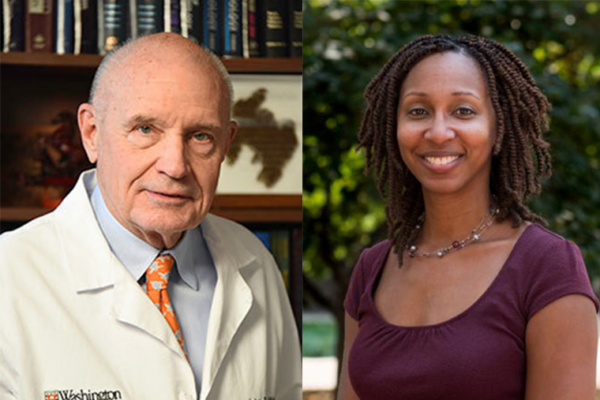Four Washington University in St. Louis faculty are among 250 newly elected members of the American Academy of Arts & Sciences, one of the nation’s most prestigious honorary societies. They are John P. Atkinson, MD, Pauline Kim, Adia Harvey Wingfield and Jeffrey Zacks.
Founded in 1780, the academy honors exceptional scholars, leaders, artists and innovators and engages them in sharing knowledge and addressing challenges facing the world. The 2024 members were announced April 24.
John Atkinson
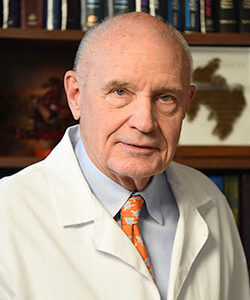
Atkinson, the Samuel B. Grant Professor in Clinical Medicine and a professor of molecular microbiology, is an internationally recognized rheumatologist and immunologist. His work on the complement system, a set of proteins originally named for their supportive role in antibody-mediated immune responses, has advanced scientific understanding of autoimmune and inflammatory diseases. With colleagues, he discovered membrane cofactor protein (MCP/CD46), a regulator of the complement system. CD46 is expressed on nearly every human cell and protects healthy cells from undesirable inflammation.
Atkinson’s clinical interests tend toward solving medical mysteries and investigating rare diseases. He was part of a team that discovered retinal vasculopathy with cerebral leukoencephalopathy and systemic manifestations (RVCL-S), an ultra-rare genetic disease. The pathology involves the progressive failure of tiny blood vessels, causing vision and cognitive problems, and eventually death in middle age. Atkinson identified the disease’s genetic basis and continues to work on finding a treatment for it.
Atkinson served as director of the Division of Rheumatology from 1976 to 1992 and again from 2009 to 2018, and head of the Department of Medicine and physician-in-chief at Barnes Hospital from 1992 to 1997.
Pauline Kim
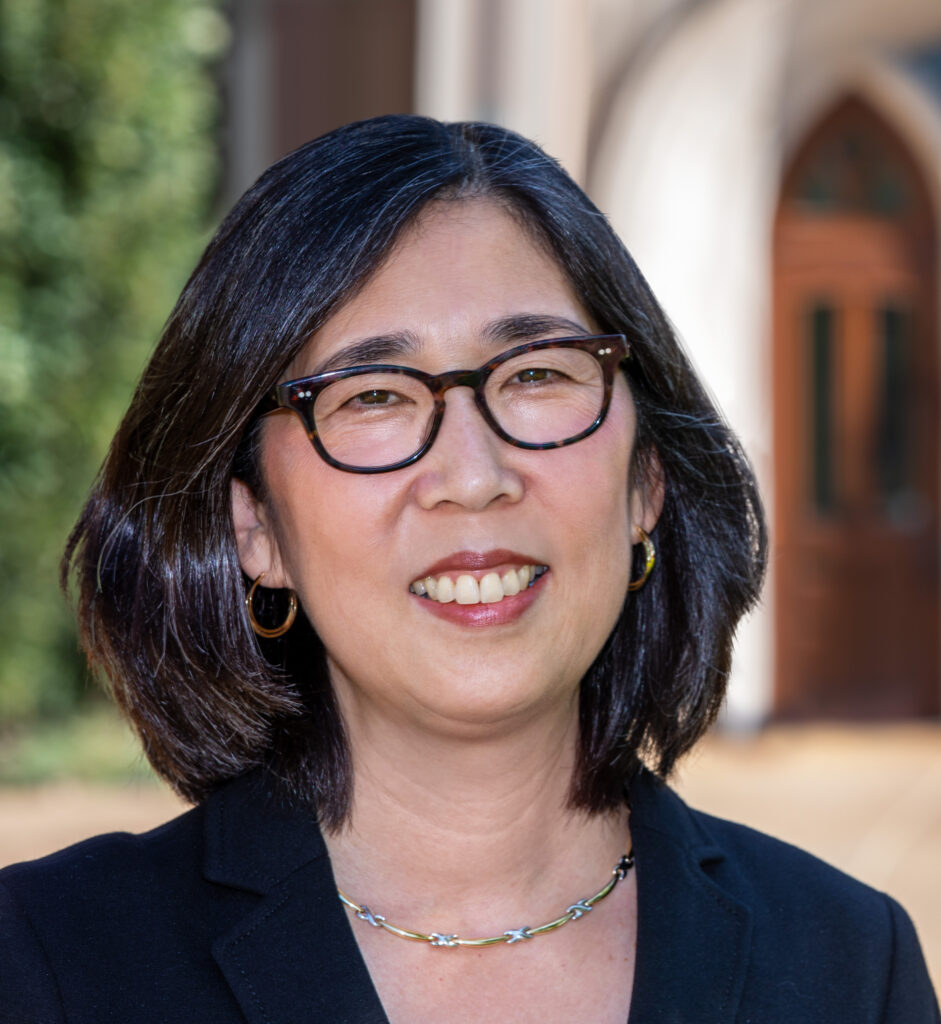
Pauline Kim, the Daniel Noyes Kirby Professor of Law at the School of Law, is a renowned expert on the law governing the workplace. She has published dozens of articles and book chapters on issues affecting workers such as privacy, discrimination and job security, as well as co-authoring one of the leading textbooks on the topic.
She has done foundational research on workers’ understanding of their legal rights and on the risks of discrimination and unfairness posed by the use of automated decision systems and artificial intelligence (AI) in the workplace.
She has also made significant contributions to the literature on judging, focusing on how judicial hierarchies shape decision-making. Her current research centers on the legal and policy challenges raised when AI is used to make consequential decisions in employment, housing and credit markets, focusing in particular on the risks of discrimination and increasing economic inequality. She currently directs the university’s Center for Empirical Research in the Law, is a member of the Labor Law Group, and has served as an adviser to the American Law Institute’s Restatement of Employment Law.
Adia Harvey Wingfield
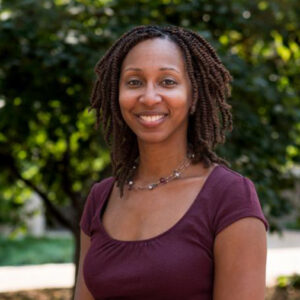
Adia Harvey Wingfield, vice dean of faculty development and diversity and the Mary Tileston Hemenway Professor of Arts & Sciences, is a leading sociology expert in gender equity and racial inequality. Her research examines how and why racial and gender inequality persists in professional occupations.
Wingfield’s 2023 book, “Gray Areas: How the Way We Work Perpetuates Racism & What We Can Do to Fix It,” reveals why racial inequality persists in the workplace and offers practical insights and recommendations for both individuals and organizations seeking to create more inclusive work environments.
In addition to her scholarship, Wingfield is a leader within the field. She will begin her term as president of the American Sociological Association in August and previously served as president of Sociologists for Women in Society and the Southern Sociological Society. Additionally, she recently was appointed a fellow in the CIFAR “Innovation, Equity & The Future of Prosperity” program.
Jeffrey M. Zacks
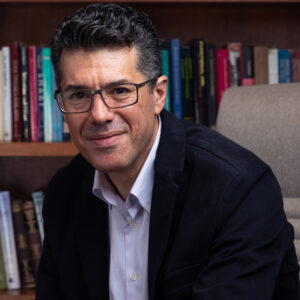
Jeffrey M. Zacks is the chair of psychological and brain sciences and the Edgar James Swift Professor in Arts & Sciences and a professor of radiology at the School of Medicine. At the Dynamic Cognition Laboratory that he leads, researchers study how the representations in the brain and the world work together in cognition in naturalistic settings such as event understanding, navigation and the brain’s processing of film and media.
Zacks studies how people parse a continuous stream of behavior into meaningful events along with how mental imagery contributes to reasoning about spatial relations and how mental representations of one’s body are updated during imagery and reasoning.
He is the author of several books including “Flicker: Your Brain on Movies,” which used movies as case studies to explore what neuroscience research says about our experience of moving images.
